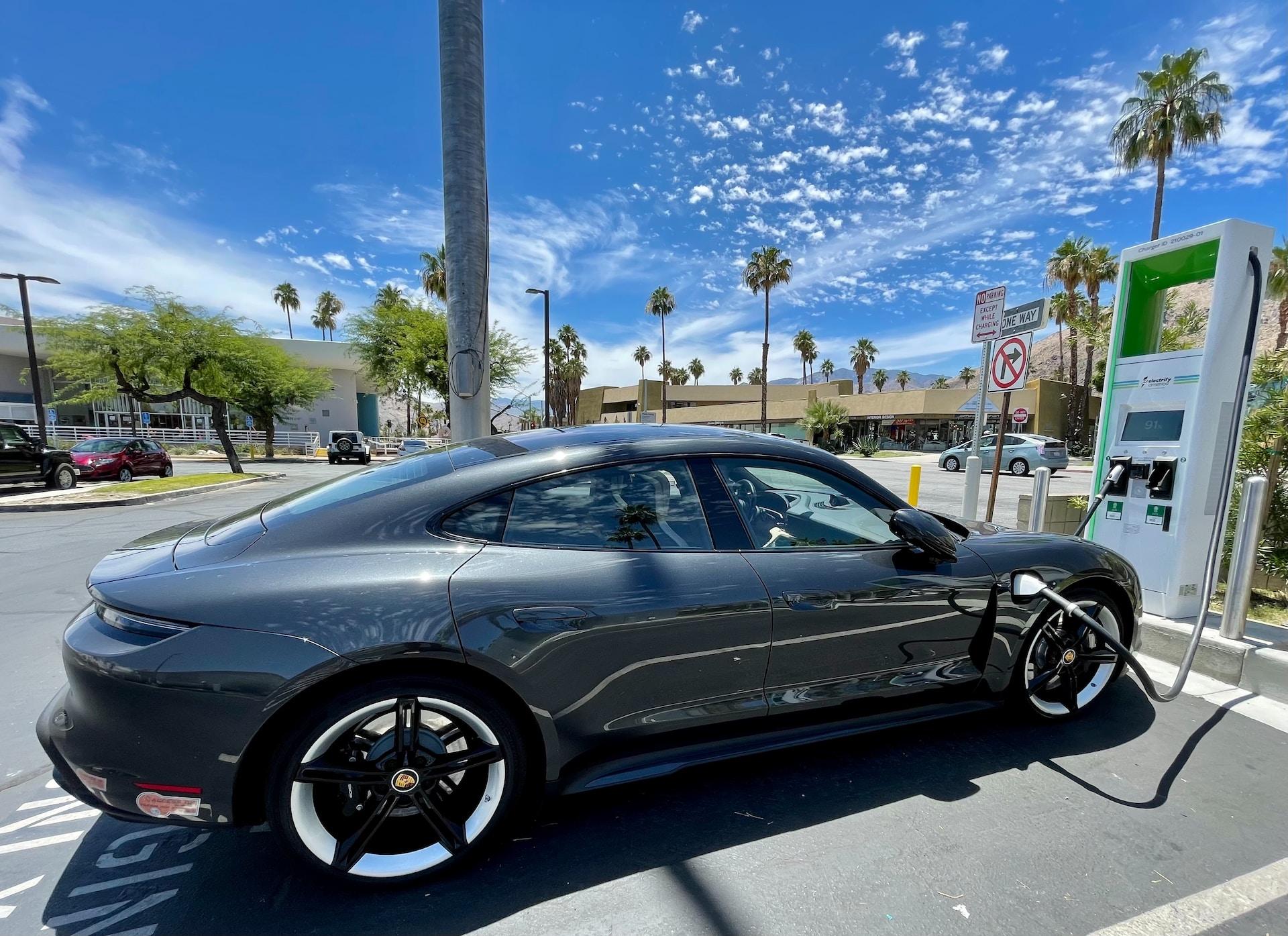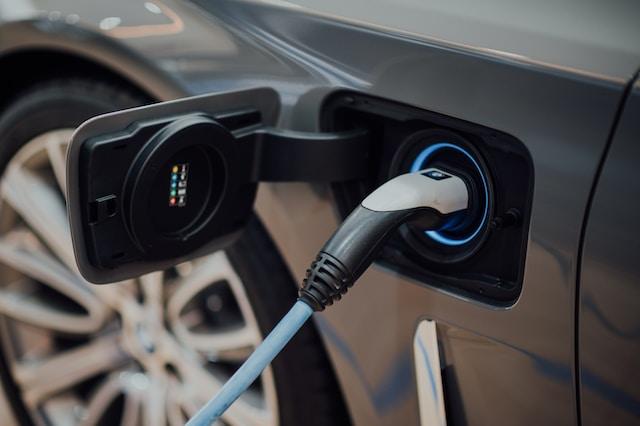When deciding whether to make purchase an electric vehicle (EV), it’s essential to make an informed decision that aligns with your needs and preferences regarding buying an electric vehicle. We will discuss the important factors to take into account while starting your quest to acquire an EV in this part.
Contents
8 Important Things to Consider When Buying an Electric Vehicle
1. Range
Understanding Your Driving Patterns: The first consideration should be your typical driving habits. Evaluate how far you usually travel in a day. Most modern EVs offer ample range for daily commuting and errands. However, if you frequently embark on long road trips, you may want to prioritize models with extended ranges or fast-charging capabilities.
Charging Infrastructure: Assess the availability of charging infrastructure in your area and along your common routes. Range anxiety may be reduced and you can always simply charge your EV when you need to with the help of a reliable charging infrastructure.
2. Charging Options
Home Charging: Consider whether you have access to home charging. Most EV owners charge their vehicles overnight at home, taking advantage of lower electricity rates. Ensure your home electrical system can support EV charging, and consider installing a Level 2 charging station for faster charging times.
Public Charging: Explore the availability of public charging stations in your vicinity. Although public charging networks are still growing, different places might have quite different charging station densities. Evaluate whether public charging options align with your daily routines.
3. Model Selection
Type of EV: Decide which type of electric vehicle best suits your needs: Battery Electric Vehicle (BEV), Plug-in Hybrid Electric Vehicle (PHEV), Hybrid Electric Vehicle (HEV), or Fuel Cell Electric Vehicle (FCEV). Each type offers distinct advantages, so choose one that aligns with your driving patterns and environmental goals.
Budget: Determine your budget for purchasing an EV. Even while EVs sometimes cost more upfront than conventional vehicles, long-term fuel and maintenance savings should be taken into account.
4. Incentives and Rebates
Investigate any local government discounts and incentives for purchasing electric vehicles. A few of the financial incentives offered by several governments to promote the adoption of EVs include tax credits, rebates, and access to carpool lanes. The entire cost of owning an EV can be greatly decreased thanks to these advantages.
5. Resale Value and Depreciation
Although the operational expenses of electric cars are often cheaper, it’s necessary to take into account their resale value. Rapid advancements in EV technology may affect how quickly older versions depreciate. Research the resale value of the specific EV model you’re interested in to gauge its long-term financial viability.
6. Maintenance
The less frequent need for maintenance is one benefit of electric automobiles. EVs cost less to maintain and repair because they have fewer moving parts than cars with internal combustion engines (ICEs). However, it’s crucial to comprehend the upkeep requirements of your preferred EV model and account for them in your ownership charges.
7. Environmental Impact
If reducing your carbon footprint is a primary motivation for purchasing an EV, consider the source of your electricity. Your EV’s environmental advantages can be increased by charging it with renewable energy.
8. Test Drive and Research
Make appointments to test drive the EV vehicles you are considering before deciding. Pay close attention to factors like comfort, amenities within, and driving performance. Additionally, to make an informed decision, read reviews, check out internet forums, and assemble as much data as you can.
Conclusion
Compact urban EVs and roomy electric SUVs are just a few of the alternatives available in the world of electric cars. By carefully taking into account your driving style, charging preferences, financial condition, and environmental goals, you may select an electric car that not only meets your requirements but also adheres to your values.
Owning an EV is now more affordable and tempting than ever as the market for them grows and develops. If you choose wisely, you might benefit from transportation that is more technologically advanced, more cost-effective, and cleaner.




